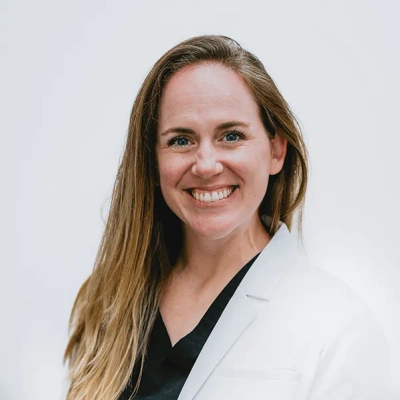How Do Dentists Educate Patients About Oral Health's Impact On Systemic Conditions?
Unraveling the complexities of oral health reveals its critical role in systemic well-being. This article delves into expert strategies for educating patients about this essential link, highlighting the importance of awareness and prevention in maintaining overall health.
- Empower Patients to Understand Oral-Systemic Link
- Use Visual Aids to Explain Oral-Systemic Link
- Emphasize Oral-Systemic Link for Overall Well-Being
Empower Patients to Understand Oral-Systemic Link
Hi,
We focus on empowering patients to understand the profound connection between oral health and overall well-being. For instance, many patients are surprised to learn how conditions like sleep apnea—something often diagnosed outside a dental setting—can be closely tied to jaw alignment and airway health.
I make it a priority to explain these connections in simple, relatable terms during consultations. Using tools like digital scans or detailed diagrams of the airway, I can show patients exactly how their anatomy contributes to their symptoms. For example, showing how a constricted airway might lead to snoring or poor sleep quality helps them see the role dental treatments play in addressing systemic health issues.
Education is also about collaboration. I often work with other healthcare providers, like sleep specialists or ENT doctors, to create a comprehensive care plan. These partnerships highlight how interconnected our health systems are and ensure patients feel supported on every level.
Ultimately, our approach is about addressing the root causes of issues that impact the whole body. Patients leave with a clearer understanding of their health, which makes them more invested in their treatment plans and outcomes.
Best,
Kalli

Use Visual Aids to Explain Oral-Systemic Link
When educating patients about the link between oral health and systemic conditions, I prioritize clear communication and relatable examples. I explain how issues like gum disease can affect overall health by contributing to conditions such as heart disease, diabetes, and even respiratory problems. I make it easier for patients to understand by using visual aids, such as diagrams or charts, that show how oral bacteria can enter the bloodstream and impact other parts of the body.
I also share relevant research to reinforce these points, such as studies that link periodontal disease to an increased risk of heart disease. For example, a study published in Circulation found that individuals with gum disease face a higher risk of cardiovascular conditions. Providing this scientific evidence helps patients see the broader effects of their oral health and motivates them to prioritize regular dental check-ups and maintain good at-home care for their overall well-being.
Emphasize Oral-Systemic Link for Overall Well-Being
As a denturist, educating patients about the connection between oral health and systemic conditions is essential for improving their overall well-being. I often begin by explaining the well-documented link between periodontal disease and cardiovascular health. I use this information to emphasize that regular dental care isn't just about keeping teeth healthy; it's about preventing potential complications that can affect the entire body.
I also focus on the specific ways chronic conditions, such as diabetes, can directly impact oral health. Patients with poorly controlled diabetes are more susceptible to gum infections and tooth loss due to elevated blood sugar levels that promote bacterial growth. According to the American Dental Association, people with diabetes are at a higher risk for gum disease because high blood sugar can impair the body's ability to fight infection.
I encourage my patients to understand that proactive oral care, like regular check-ups and good home hygiene, is important not only for preventing oral issues but also for helping manage their overall health. By relating these facts directly to their personal health risks, I help them take action that supports both their oral and systemic health.



